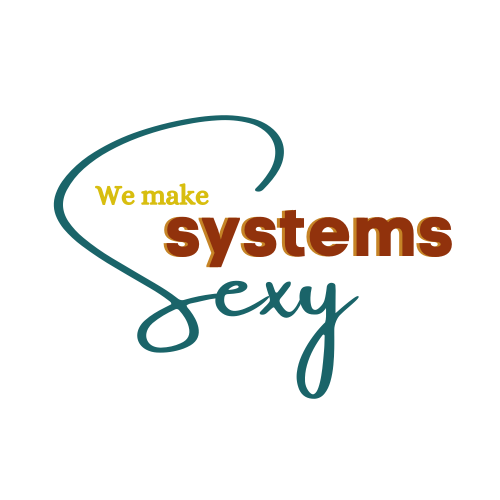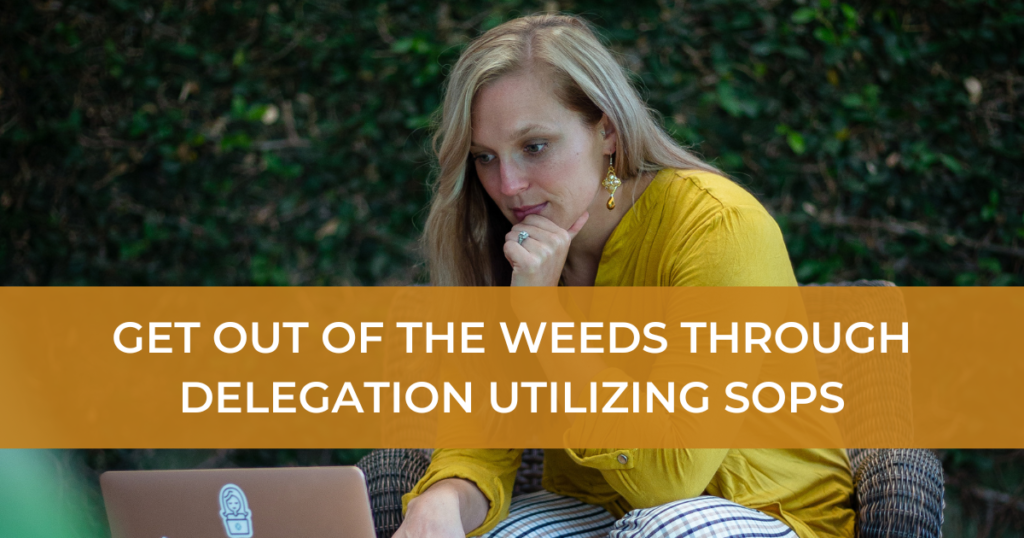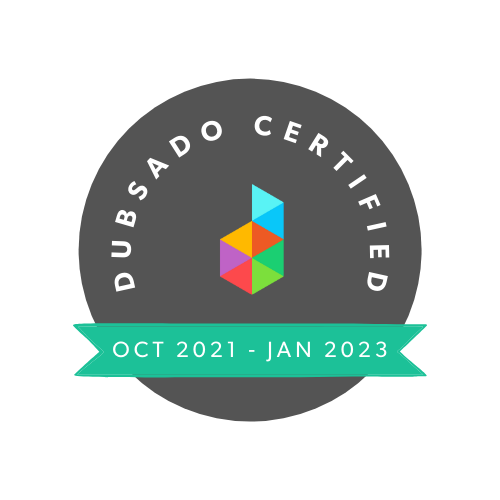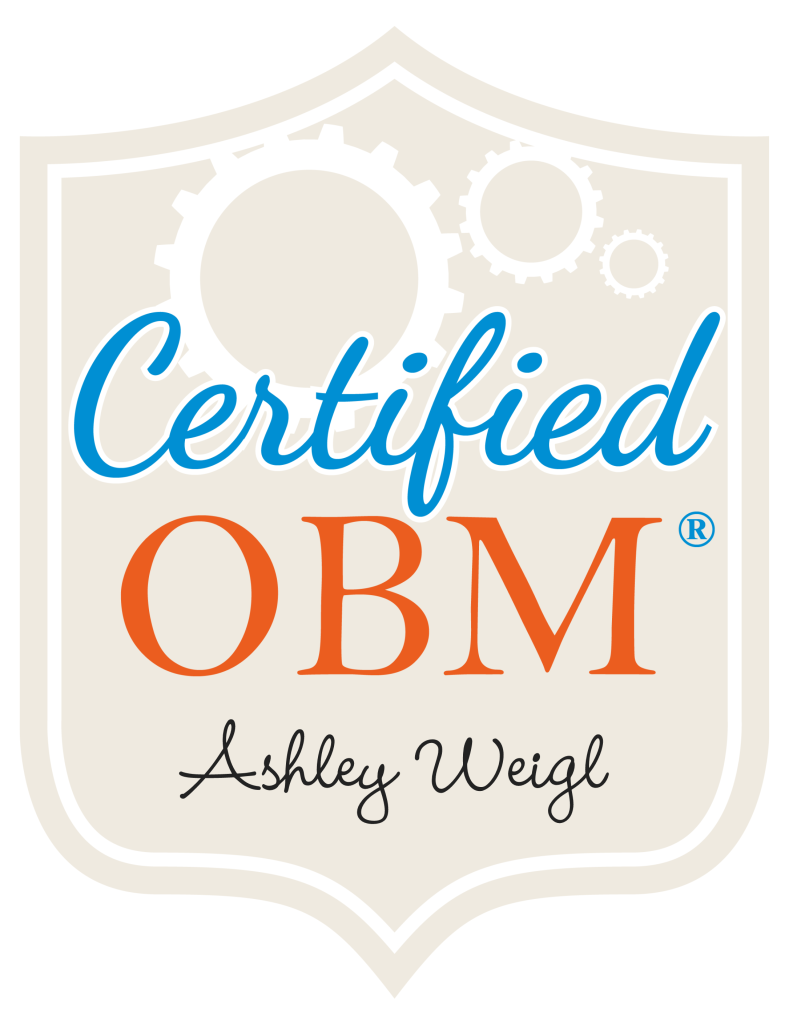SOPs: Your Business’s Not-So-Secret Sauce for Freedom
Welcome to We Make Systems Sexy! Hi there. Ashley here, with We Make Systems Sexy. Today I want to talk to you a little bit more about SOPs and specifically how you can get out of the weeds in your business through delegation utilizing SOPs.
The first question is, what is an SOP? What does that stand for?
SOP stands for Standard Operating Procedure which might still sound a little like jargon. So basically an SOP is a set of instructions for how to do a thing. That’s one SOP.
An SOP does not encompass all of the SOPs. You can call that an SOP manual when you have a lot of different SOPs or sets of instructions for how to accomplish a task (or tasks). Now that we know what an SOP is, let’s talk about why they’re so important in your business.
If you do not have SOPs in your business, you are constantly having to repeat what things need to be done, how they need to be done, and what resources are needed in order to complete a task. Constantly having to repeat these things because they’re not documented anywhere. And if you don’t have them documented, then how are you going to be handing these things off to team members?
Maybe you’re riding solo and you feel like SOPs aren’t super important right now. But if you’re getting to the point of scaling your business, you need to start documenting your processes now so that you can easily hand things off to team members very quickly once you onboard them.
That really gets us into our second question about how SOPs can help you get out of the weeds and focus on more strategic or business-building tasks. Well, really, we answered our question by talking about what an SOP is. If you can document those manual things, those day-to-day things, those time-consuming things that have to be done, but they don’t have to be done by you, then that means it’s going to free your time up.
To actually be the visionary, the strategic planner in your business and not have to be bogged down with the minutiae of the admin kind of work that somebody else can be doing if they have the right tools in order to be able to do it. And according to your standards.
So when you document your processes the way that you do them and the way that you want them done, then that’s going to give you a lot more confidence when you are ready to hand them off to somebody else. Because you know that you have the exact steps of how you handle things. You have the exact tools of what they’re going to need, any videos or related assets that they need in order to accomplish that task, and they’re going to have an example of how it should be done – the way that you want it to be done.
And so the quality of how you do that task is carried through even when it’s somebody else doing it. This then means you have time to actually work on building your business, getting more business, strategically planning for the future, and not being bogged down into your inbox or sending invoices or doing any myriad of manual tasks that you really just don’t have business being bogged down in, not when you’re growing your business.
The next question might be how can you identify which tasks to delegate and which things to keep for yourself.
If you haven’t already, I highly recommend that you download my freebie the Delegation Exercise. It’s a super simple exercise that really just takes you through a brainstorming process of thinking of things that you are currently doing and being able to dump those into one place, see them on a piece of paper, and then identify from no, I don’t have to do that or I need that keep that on my plate.
If I have this process documented, I could hand this off to my VA, my future VA, or whoever it might be. Then that’s going to help you to see what things you really have to hold on to and what things you really don’t.
Something to keep in mind when you are documenting your processes: I highly recommend recording a loom video while you’re actually doing the task, so not forcing it and trying to record what you’re doing, but you’re not actually in the process of doing that task. And the reason I say that is because if you try to force it and you’re trying to record a “fake” example, you will probably miss steps because you’re not actually doing the thing and it’s not as natural.
You don’t have to necessarily explain every single detail as you’re recording a video, but at least showing the clicks on the screen, showing all those details in a video while you’re actually doing it is going to capture all of that information. That’s step one.
Then when you actually go to write the document of the SOP, because that’s just a video, that’s not an SOP. That’s the first building block to building your SOP. When you sit down to actually write the document or type up your document for your SOP, then you’re going to be able to pull out those details.
You want to write this document as if you’re handing it off to somebody that’s coming in off the street, has never worked in your industry, knows nothing about it, and is able to follow those step-by-step directions to a T because you have such good detail explaining exactly where to look, where to click, what to open, how to do it, how to apply it, where to find the information, et cetera.
And it just can leave no doubt.
So you want to view your SOPs, building your SOPs from the viewpoint of somebody who has never ever done this before. So that when you do hire and onboard a team member, it’s seamless and you’re not having to retrace your steps and feel like, “Why did I hire this person if I’m going back and having to redo everything that they’re doing?” And that’s going to free you up to hand that work off successfully.
No questions asked, or very few questions asked if it’s done right. So this is how having SOPs developed, even before you hire, is going to help to get you out of the weeds and more into the role that you should have as the business owner, the strategic thinker and the visionary.
So, again, if you don’t have that Delegation Exercise or you’re not on our newsletter list, I highly recommend that you sign up to grab that delegation exercise, which will also put you in our newsletter, where you will get tips and tricks like this on a regular basis in your inbox.
Something that I recommend is if you’re using a project management tool like ClickUp, once you have these SOPs developed, you can actually link them to your ClickUp. So when you assign a task and it has to do with an SOP that you already have developed, you can just link them right together within the task so that your team members have easy access.



